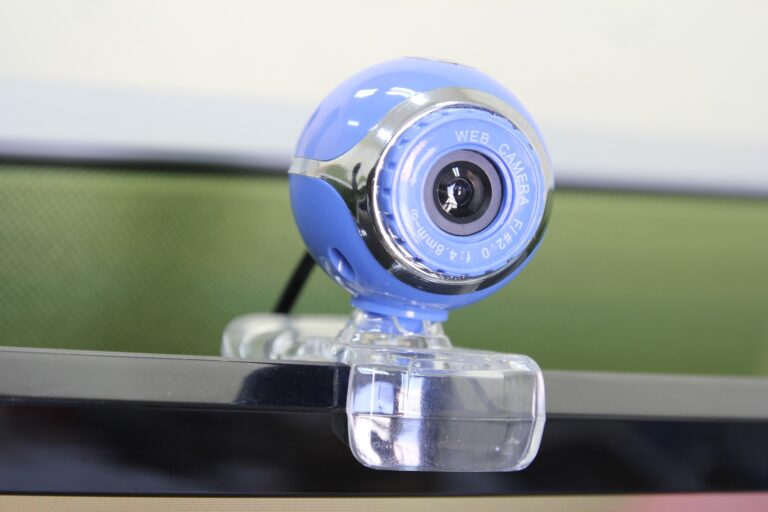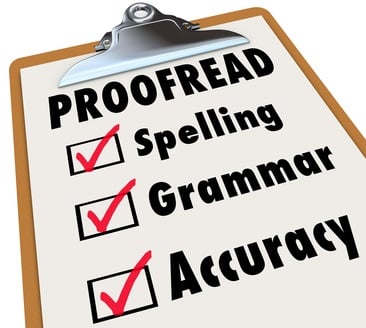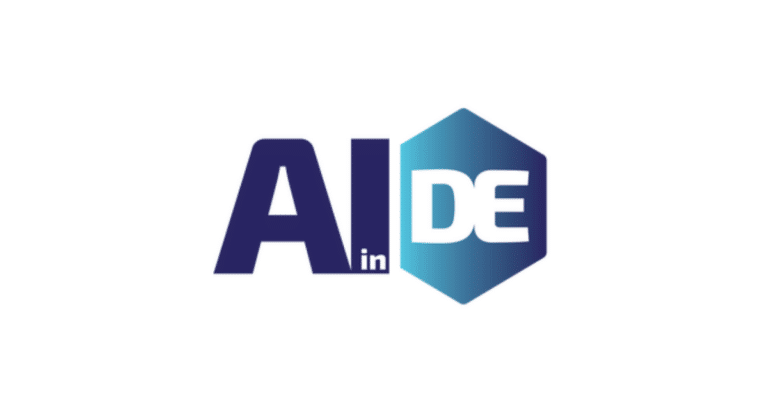There’s a lot that goes into making a placement. As an IT staffing firm, not only are we tasked with finding the best technical talent but once we do we must make sure that our candidate is prepared for their biggest hurdle – the job interview.
The task of preparing candidates for a job interview is one of the most important aspects of the job. Being in the industry for over 20 years has given PSCI great insight into what should and should not be done during the job interview. Below, we have compiled a list of some of the more important interview DO and DO NOTs.
Interview DOs
- Dress appropriately for the client; show you take the interview seriously. Your personal grooming and cleanliness should be impeccable.
- Know the exact time and location of your interview; know how long it takes to get there, park, find a rest room to freshen up, etc.
- Bring a copy of the resume that the manager/client has been sent.
- Arrive early; at least 15 minutes prior to the interview start time.
- Offer a firm handshake, make eye contact, and have a friendly expression when you are greeted by your interviewer.
- Listen to be sure you understand your interviewer’s name and the correct pronunciation.
- Maintain good eye contact during the interview.
- Sit still in your seat; avoid fidgeting and slouching.
- Respond to questions and back up your statements about yourself with specific examples whenever possible.
- Ask for clarification if you do not understand a question.
- Be thorough in your responses, while being concise in your wording.
- Be honest and be yourself. Dishonesty gets discovered and is grounds for withdrawing job offers and for firing. You want a good match between yourself and your employer. If you get hired by acting like someone other than yourself, you and your employer will both be unhappy.
- Treat the interview seriously and as though you are truly interested in the employer and the opportunity presented.
- Exhibit a positive attitude. The interviewer is evaluating you as a potential co-worker. Behave like someone you would want to work with.
- Have intelligent questions prepared to ask the interviewer. Having done your research about the employer in advance, ask questions which you did not find answered in your research.
- Do expect to be treated appropriately. If you believe you were treated inappropriately or asked questions that were inappropriate or made you uncomfortable, discuss this with the business director.
- Make sure you understand the employer’s next step in the hiring process; know when and from whom you should expect to hear next. Know what action you are expected to take next, if any.
- When the interviewer concludes the interview, offer a firm handshake and make eye contact. Depart gracefully.
Interview DO NOTs
- Do not make excuses. Take responsibility for your decisions and your actions.
- Do not make negative comments about previous employers or professors (or others).
- Do not falsify application materials or answers to interview questions.
- Do not treat the interview casually, as if you are just shopping around or doing the interview for practice. This is an insult to the interviewer and to the organization.
- Do not give the impression that you are only interested in an organization because of its geographic location.
- Do not give the impression you are only interested in salary; do not ask about salary and benefits issues until the subject is brought up by your interviewer.
- Do not act as though you would take any job or are desperate for employment.
- Do not make the interviewer guess what type of work you are interested in; it is not the interviewer’s job to act as a career advisor to you.
- Do not be unprepared for typical interview questions. You may not be asked all of them in every interview, but being unprepared looks foolish.
- A job search can be hard work and involve frustrations; do not exhibit frustrations or a negative attitude in an interview.
- Do not go to extremes with your posture; do not slouch, and do not sit rigidly on the edge of your chair.
- Do not chew gum or smell like smoke.
- Do not allow your cell phone to sound during the interview. (If it does, apologize quickly and ignore it.) Do not take a cell phone call.
If the candidate follows these tips they’ll be that much better positioned to land the job!








